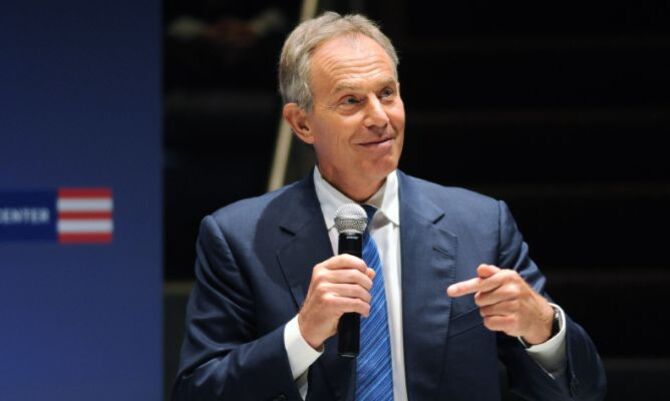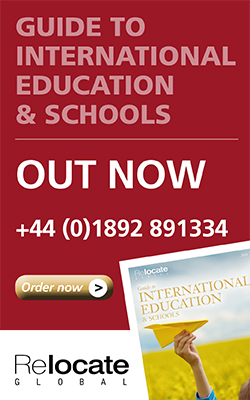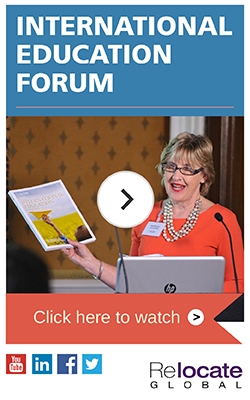Teaching 'cultural tolerance' essential in modern international education, says Tony Blair
At the Global Education and Skills Forum (GESF) held in Dubai this week, Tony Blair has called for schools across the world to help teach a “culturally tolerant view of the world.”

Cultural tolerance in schools
In Relocate Global’s recently published Guide to International Education and Schools, David Porritt, headteacher of the British School in the Netherlands Junior School Leidschenveen campus, in The Hague, argues that students at international schools provide a model for cultural tolerance in today’s globally mobile society. “International schools are unique environments creating important reflections of the wider world in which we live,” he says.“There is a rich tapestry of variation and cultural expression amongst the students themselves. Watching multilingual, multi-aware and multinational students working together with humility, respect and tolerance is truly inspiring. There is always so much to learn from one another.“Our challenge and responsibility is to develop the next generation of ethically and morally responsible leaders. It is what underpins all of the activities that students get involved in. It’s what we, and they, do all day.”Mr Blair believes that strengthening the quality of teaching by raising the standards of the teachers, and building leadership skills in schools is the answer to reaching the level of cultural tolerance that is often found in good international schools. “I have seen bad schools with good leaders but never a good school with bad leaders,” he said.Role of technology in education
The GESF also looked at the role of technology and the growing involvement of the private sector. Sir Martin Sorrell, Group Chief Executive of communications services group WPP plc, UK spoke of the urgent need for education systems to adapt to new technological advances and called for the world’s education systems to provide a, “highly practical and relevant education.”In the Guide to International Education and Schools, Karin Purcell, Development Director, Marymount International School, London speaks of how technology has become ubiquitous and embedded into every part of our lives but yet, girls are still lagging far behind when it comes to participating as ‘creative contributors.’“As an all-girls school, Marymount International School has taken extra care to awaken an interest in technology,” says Ms Purcell, “thereby breaking down gender-based stereotypes. The recent installation of a Fab Lab as a ‘maker space’ for girls has given students unhindered access to an array of digitally driven instruments, such as 3D printers and laser cutters. This has naturally led to students developing an interest in coding, programming and robotics.”“By giving girls the ‘digital bug’ early, they will be able to participate fully in the next wave of innovation, and contribute positively to shaping the digital world.”Equal access to global education
GESF is convened by the charitable Varkey Foundation and brings together partners including UNESCO, Harvard Graduate School of Education and Dubai Cares, GESF features debates on, “the relevance, excellence and inclusiveness of both public and private learning environments.”Vikas Pota, Chief Executive of the Varkey Foundation, said, “The alliances have been created to find real and actionable pathways to solving public education’s longest standing problems. Issues like ensuring girls worldwide have equal access to education, raising the quality of teaching and respect for the teaching profession, and how to best use innovation in education represent three of the biggest educational challenges facing the world today.”Relocate Global’s new annual Guide to International Education and Schools, looks in depth at the issues facing international education and global mobility today. To order copies, download an order form, complete it using your keyboard, and email, fax or post it to us.For more Re:locate news and features on education and schools, click here
©2025 Re:locate magazine, published by Profile Locations, Spray Hill, Hastings Road, Lamberhurst, Kent TN3 8JB. All rights reserved. This publication (or any part thereof) may not be reproduced in any form without the prior written permission of Profile Locations. Profile Locations accepts no liability for the accuracy of the contents or any opinions expressed herein.


























